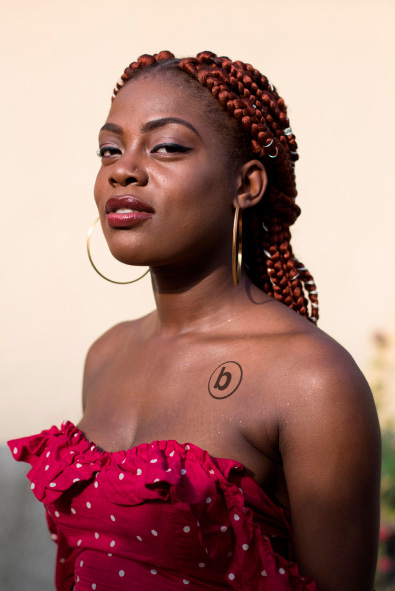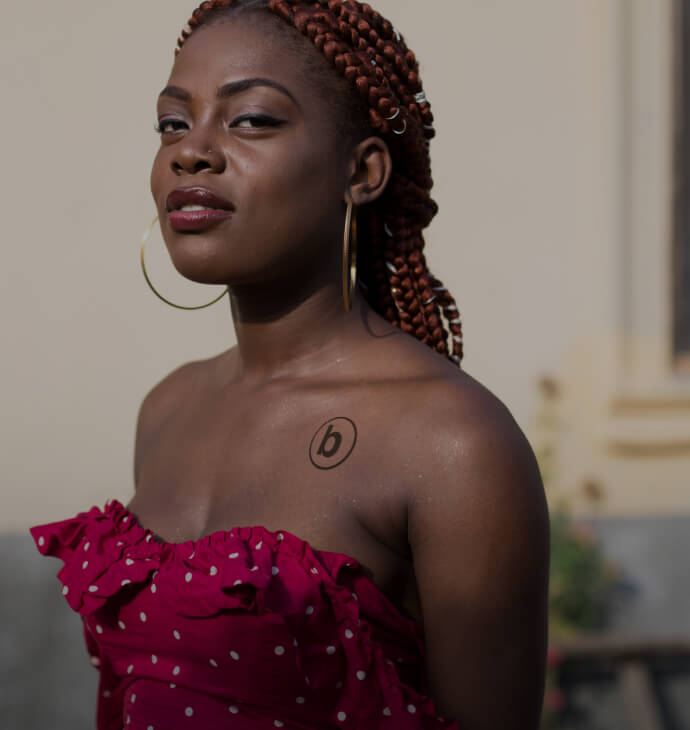The United States of America

At 19, when I broke up with my ex-boyfriend of two years, he didn’t take it well at all. He started telling me things to keep me talking to him, like saying his family members were sick or dying – and none of it was true. When I tried cutting off communication, he started threatening suicide. When that didn’t work, he started threatening to share my naked photos. I had sent them throughout the relationship; they were meant to be private, and after we broke up, I had asked him to delete them in front of me, but they were backed up on his computer. He also started Tweeting about me without naming me, saying he was going to "mess up someone’s life so bad, they wished they’d never messed with him."
My parents and I went to the police in my town, and put me on the phone with a judge to get a restraining order. She granted a temporary one. Two months after the breakup, I went to family court to make it permanent, with printouts of his threatening messages. He showed up with a lawyer, who started asking questions that made me look like I was actually the obsessive one. I was very rattled, and the judge denied a final restraining order, which was devastating. Over the next month, my ex did not contact me directly, but he would show up wherever I was, like at the gym, which used to be my safe space. At their suggestion, guys who worked there walked me to my car every time my ex was there or if I left late at night.
“The shame is not mine to carry. He violated the trust. He weaponized my sexuality against me.”
One day, almost four months after the breakup, I got a text from someone saying, Hey, it’s so-and-so from Pornhub. I knew immediately this had to be related to my ex. I was on the train, and I remember feeling very hot inside and shaky, hunched over my phone looking for the page. It had been created the day before, with eight of my naked photos, my full name, phone number, home address, and notes saying, “Find me on Facebook” or soliciting people for oral sex. It had 43 subscribers.
When I got off the train, I immediately drove to my local police station. I told them I needed help getting this down. They asked if I wanted them to call my ex. Instead, we searched how to get stuff removed from Pornhub. I found a phone number, was directed to an online form, and thankfully the profile was down within 27 minutes. I felt really relieved, but I also was terrified that my ex would put the photos on social media. The officers put me on the phone again with the same judge…this time she would not grant me the restraining order. She said that we didn’t know that my ex posted the images, and that when you send photos to one person, it's like asking for it to be put on a billboard. That was the first instance of victim-blaming that I experienced.
The first time I cried was at that first visit to the precinct when an officer told me I needed to somehow find more evidence that this was my ex. I shed tears I didn’t realize I had been holding back. Then after that being turned away by the police several times felt like being knocked over and over and over again.
Desperate for someone who’d help us, my mom found a lawyer, Carrie Goldberg, who was one of the few people talking about “revenge porn” back then in 2015. New Jersey was one of the few states at the time with a law criminalizing non-consensual porn, but it wasn’t being enforced. Carrie was determined to get me justice, and eventually she put me in touch with a prosecutor who had experience with domestic violence and Internet crimes. He got the criminal investigation going. Meanwhile, I went directly to family court for an order of protection. The clerk there was shocked that I hadn’t already been granted the restraining order. I was granted the temporary order that day, and in family court a month later, I was awarded a final restraining order.


